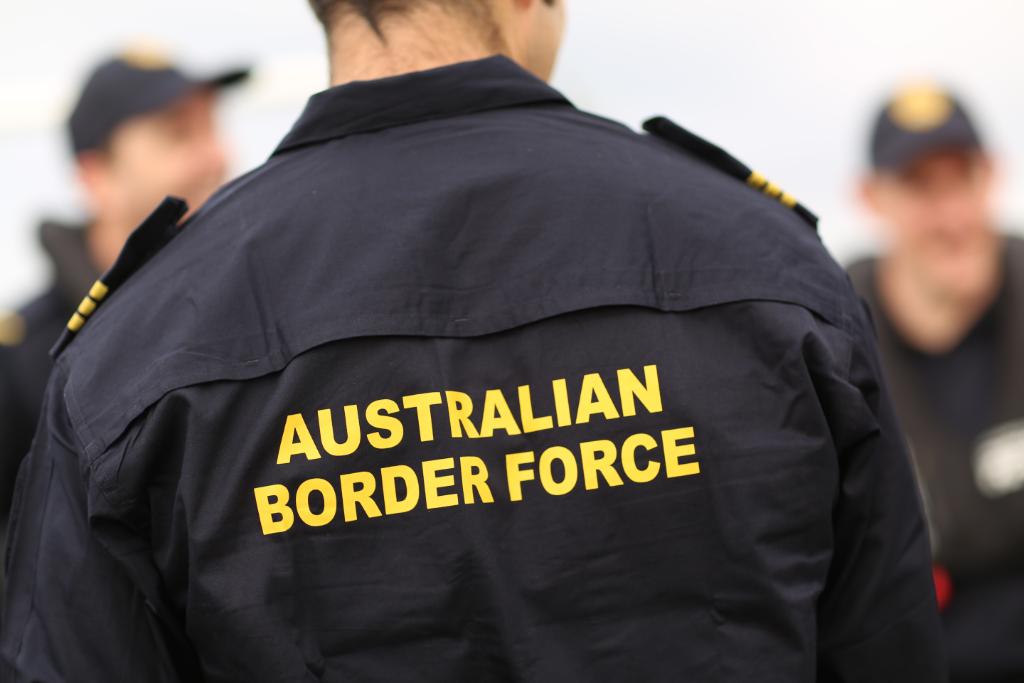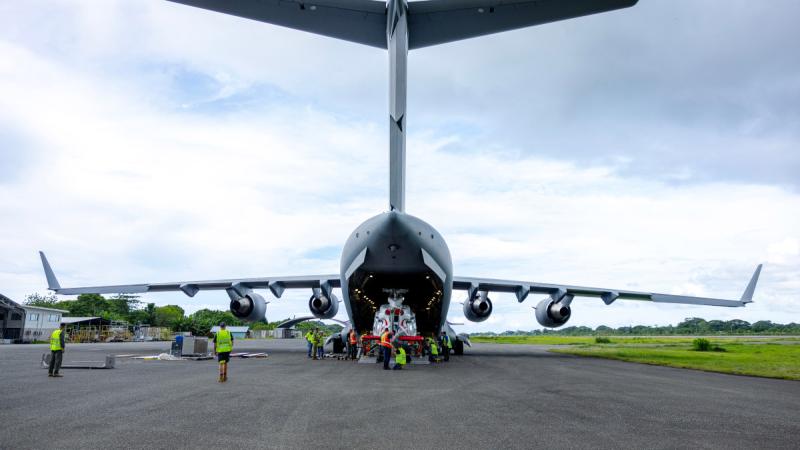Leprosy is one of the oldest and most misunderstood diseases in the world. Although it has now been curable for more than 30 years, it still has the power to stigmatize.
Leprosy, or Hansen’s disease, is an infectious disease which mainly affects the skin, peripheral nerves, mucous membranes and the eyes, and can be cured using a combination of drugs called multidrug therapy (MDT); if left untreated, it can cause disability.
To achieve a world free of leprosy and the problems it causes, however, medical interventions are not enough. As we move towards interruption of transmission and elimination of leprosy, we must also address the social and psychological aspects of the disease.
Together, we must do more to eliminate the stigma associated with leprosy and promote the dignity of those affected by the disease.
Stigma contributes to hesitancy to seek treatment, putting people at risk of disabilities and contributing to ongoing transmission. Eliminating leprosy therefore requires not only renewed political commitment and access to services to treat it, but also awareness raising to mitigate stigma and increase social participation for those affected by leprosy.
WHO’s Global Leprosy Strategy 2021-2030 “Towards zero leprosy (Hansen’s disease)” makes combating stigma and respect for human rights one of its four main pillars. This is also the goal of the annual Global Appeal to End Stigma and Discrimination against Persons Affected by Leprosy, an initiative launched by the Sasakawa Leprosy (Hansen’s Disease) Initiative in 2006.
This year, Global Appeal 2024 is being launched jointly by WHO and the Sasakawa Leprosy Initiative. By supporting this year’s Global Appeal, WHO joins a long list of individuals and organizations committed to the Appeal’s call for a world in which every person affected by leprosy can live in dignity and enjoy all their basic human rights.
WHO and the Sasakawa Leprosy Initiative call for a well-informed, inclusive society, where every member of the community has a role to play and can contribute towards a leprosy-free world through the following steps:
- Educate yourself: learn the facts about leprosy, its curability, and the importance of early treatment and possible prevention.
- Encourage treatment seeking: if you come across a suspected case of leprosy, prompt treatment is vital. Treatment is available free of charge in all affected countries. Encourage people to seek help.
- Reject discrimination: treat everyone with compassion and respect, regardless of their health status.
- Spread awareness: share accurate information about leprosy and challenge stereotypes within your community.
This is now the third year of the Global Appeal to End Stigma and Discrimination against Persons Affected by Leprosy, which has been conducted as part of the “Don’t Forget Leprosy/ Hansen’s disease” campaign, and the third year WHO has marked World Neglected Tropical Diseases Day, which falls on the 30th of January, drawing attention to a group of 21 diseases, including leprosy, that primarily affect the world’s poorest people.
All these initiatives: World NTD Day, World Leprosy Day, the Global Appeal and the Don’t Forget Leprosy campaign, can bring us together and accelerate progress towards a leprosy-free world.
On World Leprosy Day, we renew our call for a person-centered approach that addresses stigma, discrimination, and psychological and social wellbeing, as part of our shared journey to reach the unreached, achieve universal health coverage, and attain health for all.
On this day and throughout the year: Unite. Act. Eliminate leprosy.







